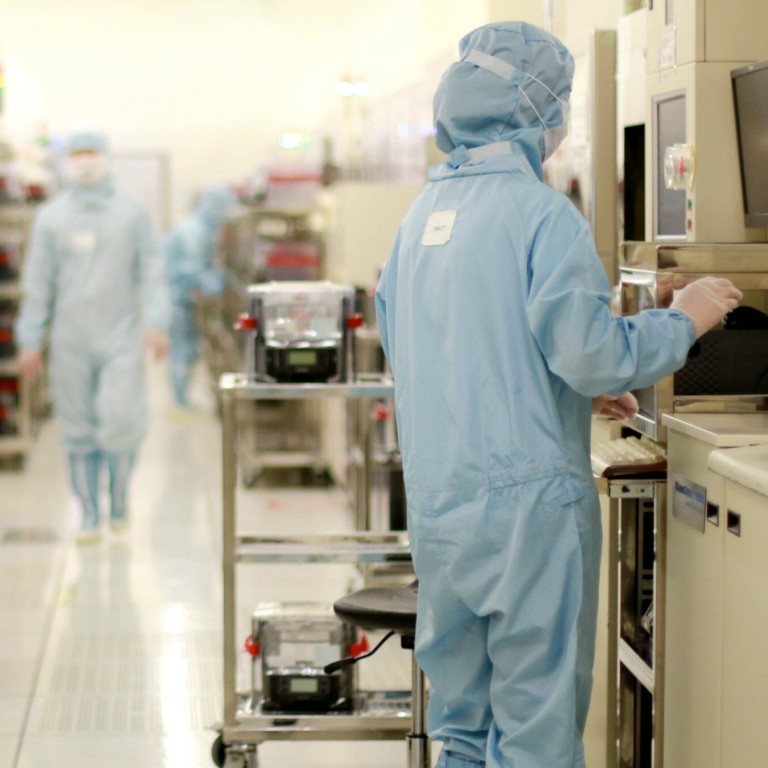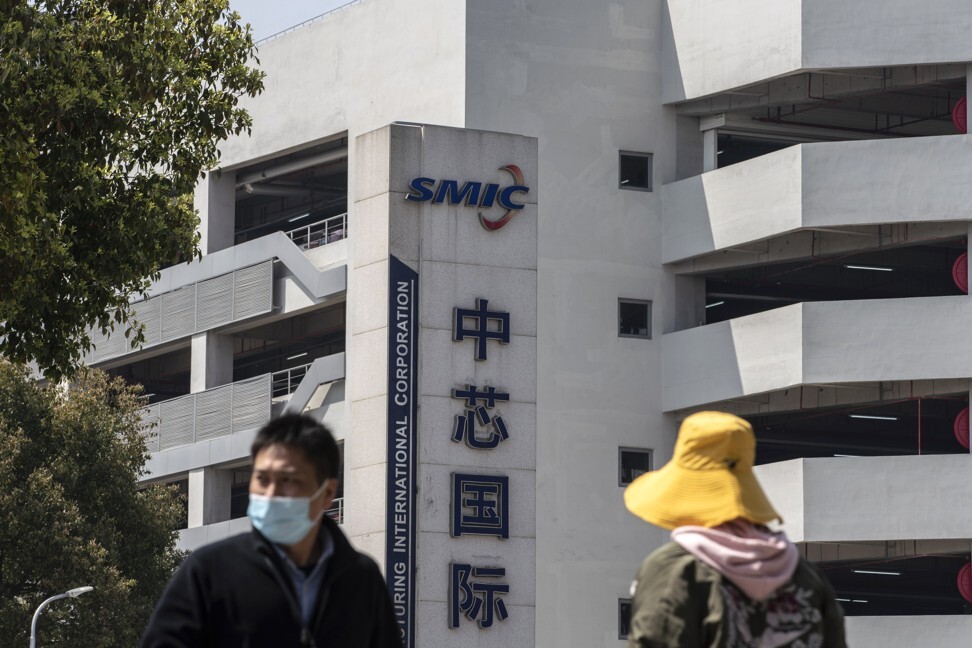
China’s top chip maker SMIC heaps stock options on employees amid country’s semiconductor expansion drive
- The SMIC board has approved a restricted share incentive scheme that will cover as many as 4,000 employees
- The company’s latest incentive programme comes as China doubles down on efforts to build up its semiconductor industry
The SMIC board has approved a restricted share incentive scheme that will cover as many as 4,000 awardees – around 23 per cent of the company’s total headcount – to improve its ability to attract and retain personnel, according to its regulatory filing in Hong Kong on Friday.
The offering is set at 20 yuan (US$3.11) per share, or a discount of about 36.46 per cent to the shares’ average trading price of 54.86 yuan per share, the company said.

SMIC chairman Zhou Zixue and co-chief executive Zhao Haijun will also be granted 400,000 shares each.
This was not the first time SMIC has rewarded selected employees with its financial largesse.
SMIC more than quadrupled the salary of its 69-year-old co-chief executive Liang Mong-song and gifted him with a flat worth 22.5 million yuan (US$3.5 million) last year, according to the firm’s latest annual report, published in April. Liang previously worked as a senior director for research and development at TSMC, the world’s largest contract chip maker.
China’s top chip maker quadruples salary for senior Taiwanese executive
“Foreign awardees play an important role in the company’s technology research and development, product iteration and updates, and domestic and overseas business development,” according to the SMIC filing.
Taiwanese entrepreneur Richard Chang Rugin, SMIC’s founder and former chief executive, led the development of the company’s sprawling Silicon Valley-style campus in Shanghai, which offers amenities for engineers from the island and the US.
Still, China’s efforts to lure more top-flight semiconductor engineers from Taiwan is facing resistance from the island’s government.
China to waive import taxes for semiconductor companies until 2030
Taiwan’s Ministry of Labour has directed recruitment agencies to remove all listings for jobs in mainland China, especially those involving critical industries such as semiconductors, to prevent brain drain, according to a recent Nikkei Asia report.
With China’s goal to produce 70 per cent of the chips that it uses by 2025, the country has been pumping massive amounts of subsidies into the semiconductor industry. SMIC recently received around 2.5 billion yuan in subsidies, in addition to US$2.25 billion in financing from two state-backed funds.

